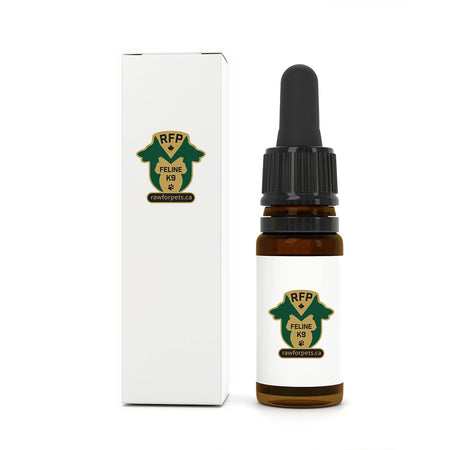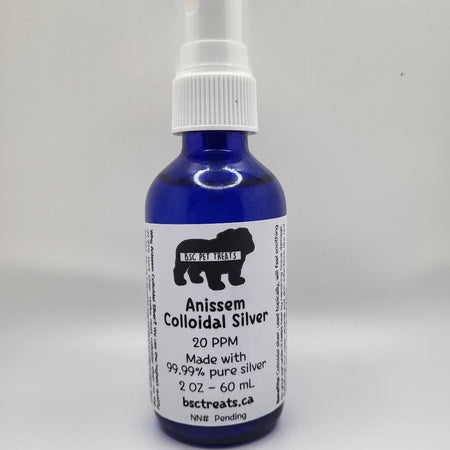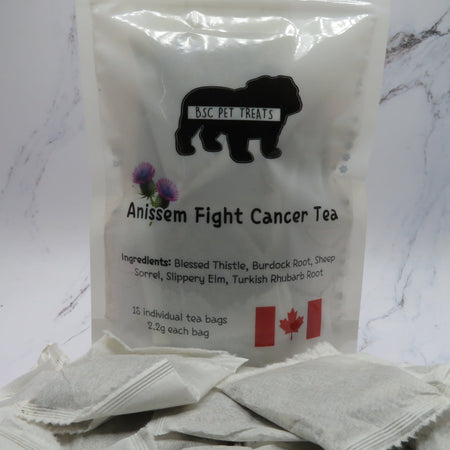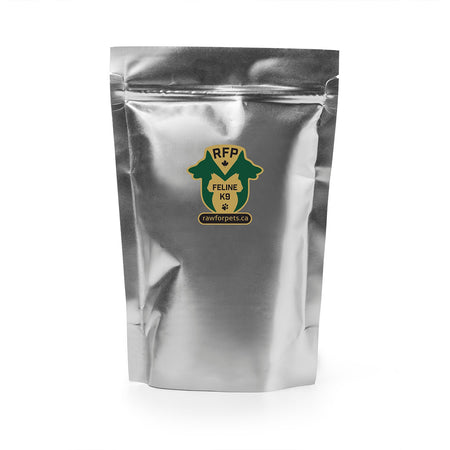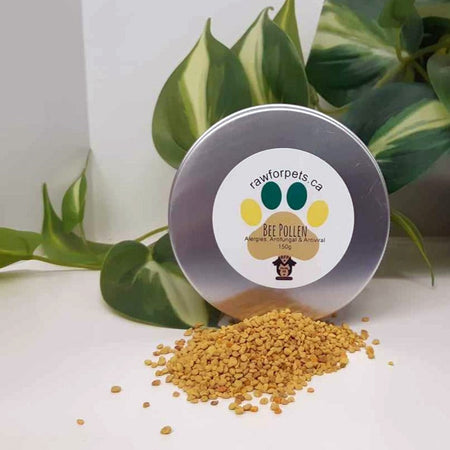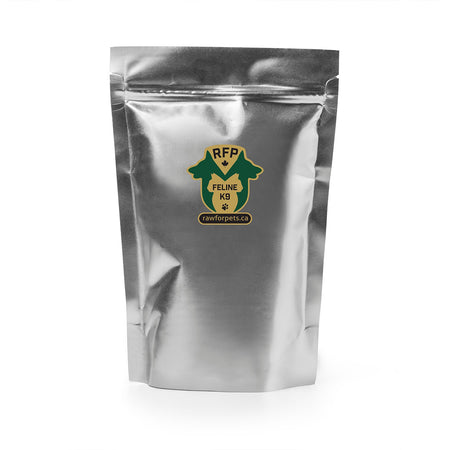Slippery Elm Bark
Regular price
$5.49
808857663696
- 20g
- 60g
Adding product to your cart
Description
Slippery Elm Bark Powder
Soothing Digestive & Gut Support for Dogs & Cats
Raw for Pets Canada Slippery Elm Bark Powder is a gentle, natural herb traditionally used to support digestive health, gut lining integrity, and overall comfort in both dogs and cats. Rich in mucilage, slippery elm forms a soothing, protective coating along the digestive tract, helping to calm irritation and support normal digestion.
This herb is especially beneficial for pets experiencing occasional diarrhea, vomiting, acid reflux, inflammatory bowel discomfort, or stress-related digestive upset. Slippery elm may also help support nutrient absorption and promote healthy stools while being safe and well-tolerated, even for sensitive pets.
✔ Supports gut lining & digestive comfort
✔ Helps calm irritation and inflammation
✔ Gentle enough for dogs & cats of all ages
✔ Ideal for sensitive stomachs and holistic protocols
Pure • Natural • No fillers or additives
For best results, mix with warm water to create a soothing gel before adding to meals

Slippery Elm Bark
Regular price
$5.49
For Healthier, Happier Pets Every Day
Your pet is unique, and their needs are too. That’s why we offer a wide range of products and services—from nutritious raw food and healthy treats to playful toys, accessories, and personalized care services. Whether you’re feeding, treating, or pampering your pet, we’re here to help you give them the very best.



100% Natural Ingredients
No additives, no fillers—just real, wholesome nutrition for your pets.
Trusted by Pet Owners
Loved by thousands of pet parents across the country.
Convenient Delivery
Frozen products delivered straight to your door with care.
Made in Canada
Proudly crafted in Canada with the highest standards of quality.




